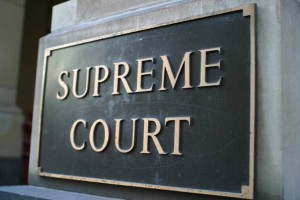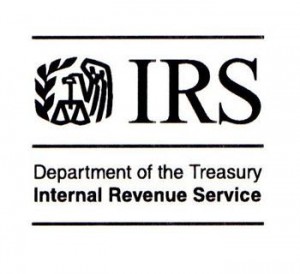 The Pension Research Council of The Wharton School of the University of Pennsylvania has done a study on the effects of Utah’s change in its pension system. Before the change, employees participated in a defined benefit plan. Employees hired after the change were given a choice between a hybrid (defined benefit/defined contribution) plan or a straight defined contribution plan. Those who failed to make a choice were automatically assigned to the hybrid plan. In general, either of the new plans was less generous than the old defined benefit plan.
The Pension Research Council of The Wharton School of the University of Pennsylvania has done a study on the effects of Utah’s change in its pension system. Before the change, employees participated in a defined benefit plan. Employees hired after the change were given a choice between a hybrid (defined benefit/defined contribution) plan or a straight defined contribution plan. Those who failed to make a choice were automatically assigned to the hybrid plan. In general, either of the new plans was less generous than the old defined benefit plan.
In general, the Pension Research Council found that employees hired after the change had greater turnover than those hired before the change. Moreover, those electing into the hybrid plan were more likely to stay with the employer than those electing into the defined contribution plan. Those who defaulted into the hybrid plan had the highest turnover.
The Pension Research Council concluded that while the change may have saved the state money in pension costs, “public pension reformers must consider employee responses, in addition to potential cost savings, when developing and enacting major pension plan changes.”
 On June 26, 2015, the Supreme Court struck down all state bans on same-sex marriage in Obergefell v. Hodges. For employers, this decision raises the issue of what changes must be made in employee benefits to reflect the decision.
On June 26, 2015, the Supreme Court struck down all state bans on same-sex marriage in Obergefell v. Hodges. For employers, this decision raises the issue of what changes must be made in employee benefits to reflect the decision.
 In light of the Supreme Court decision in
In light of the Supreme Court decision in  Federal law contains provisions forbidding discrimination based on several classifications: race, sex, veteran status, etc. However, no federal law explicitly prohibits discrimination based on sexual orientation or transgender status. As a result, many employers in states which do not have their own legislation barring discrimination based on sexual orientation or transgender status have assumed that no laws prohibited such discrimination.
Federal law contains provisions forbidding discrimination based on several classifications: race, sex, veteran status, etc. However, no federal law explicitly prohibits discrimination based on sexual orientation or transgender status. As a result, many employers in states which do not have their own legislation barring discrimination based on sexual orientation or transgender status have assumed that no laws prohibited such discrimination.
 What should a retirement plan sponsor do if it discovers that it has overpaid benefits to a retiree or other former employee? The question has recently arisen in the case of the pension plan of Pontiac, Michigan, which accidentally overpaid many of its retirees an average of $1,000 over a 16-month period.
What should a retirement plan sponsor do if it discovers that it has overpaid benefits to a retiree or other former employee? The question has recently arisen in the case of the pension plan of Pontiac, Michigan, which accidentally overpaid many of its retirees an average of $1,000 over a 16-month period.  The Pension Research Council of The Wharton School of the University of Pennsylvania has done
The Pension Research Council of The Wharton School of the University of Pennsylvania has done  Immediately after the Supreme Court’s decision in
Immediately after the Supreme Court’s decision in